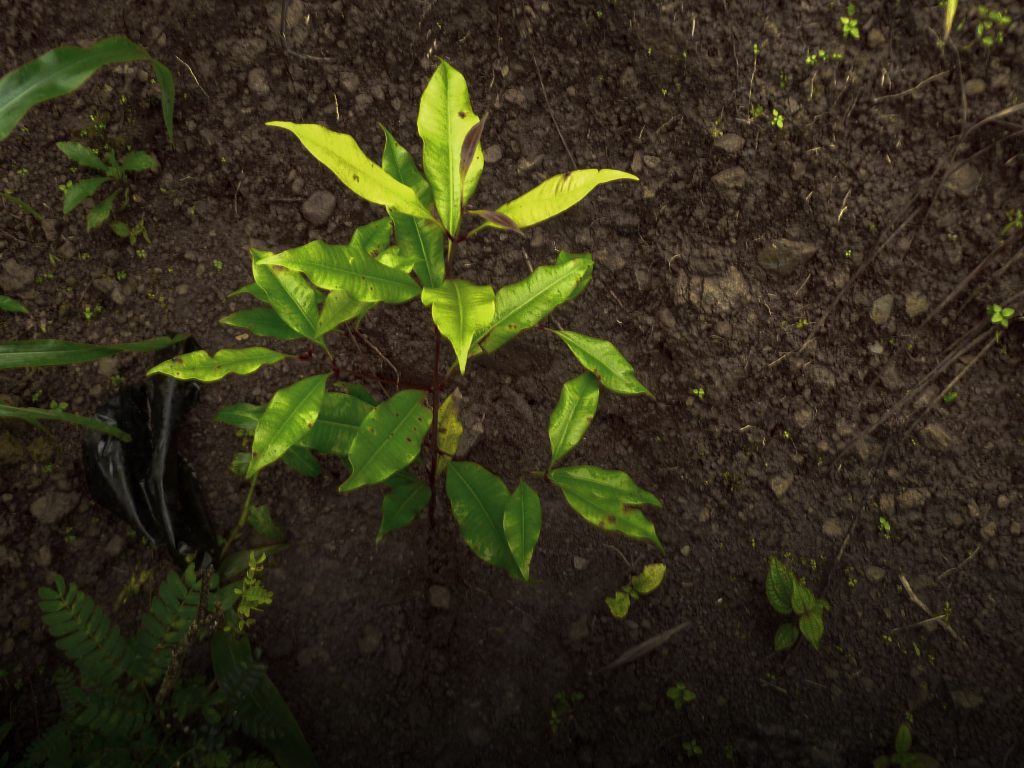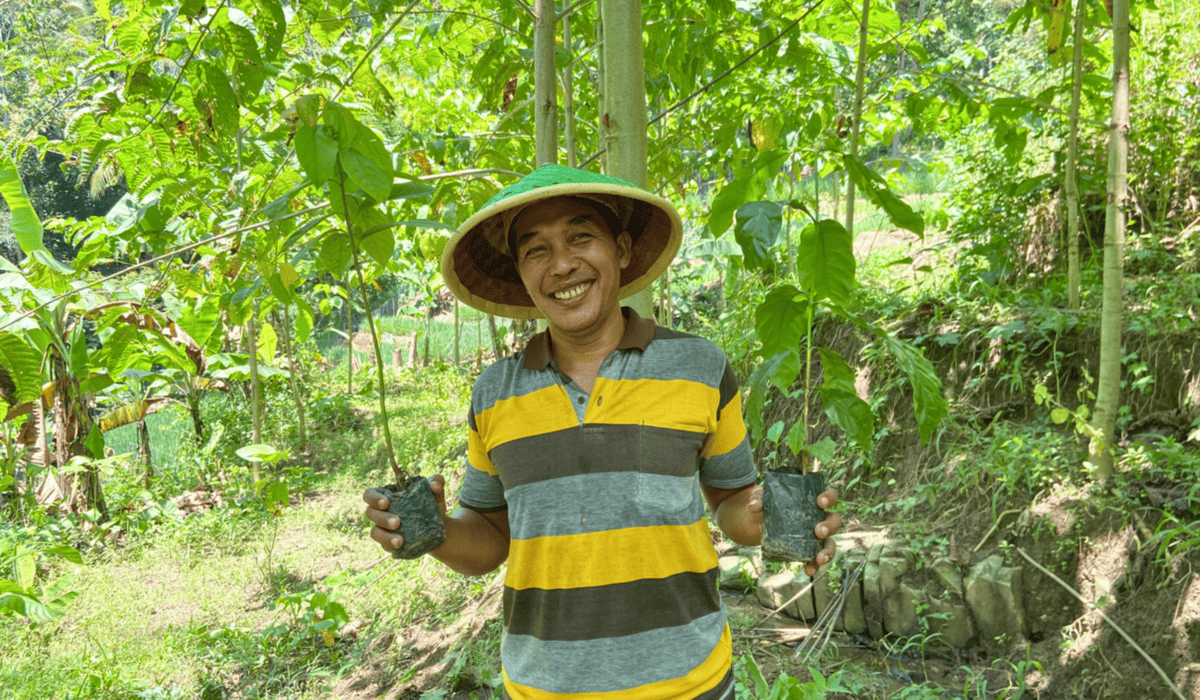Common Name |
Clove |
Description |
Syzygium aromaticum is a small-medium sized evergreen tree, 8-30 m tall. Canopy medium sized, crown base low. Branches semi-erect and numerous
S. aromaticum is commonly found in woodland and rainforest |
Products |
Food: The spice of commerce is the unopened flower bud on the terminal shoots of the twigs. Cloves are used in spice cookies and cakes. Much of the world crop is used in Indonesia for the extremely popular clove aromatized cigarettes, called “kreteks. India also consumes a considerable amount of clove
Medicine: Taken internally (tea) for stomach upsets, chills and impotence. Flower buds chewed to freshen breath or ease toothache pain. Also applied externally (essential oil) for toothache, headache, cold, arthritis and rheumatism. Two little-known compounds in clove oil have shown “strong activity” against bacteria associated with plaque formation and gum disease. The oil is also useful for ulcers, bruises, burns, bronchitis, asthma, minor infections and colic. Sometimes used to ease nausea Essential oil: Clove oil is extracted by water distillation and mixes well with cinnamon, cedar, lavender, rose and bergamot. Essential oil content in good quality cloves may exceed 15%. The oil is dominated by eugenol (70-85%), eugenol acetate (15%) and beta-caryophyllene (5-12%). Cloves contain about 2% of the triterpene oleanolic acid. Poison: Clove oil is very potent and can cause gum irritation, it is advisable to dilute it with equal amounts of vegetable oil. For infants even milder dilution is required. Use should be avoided during pregnancy, or if with sensitive skin. |







